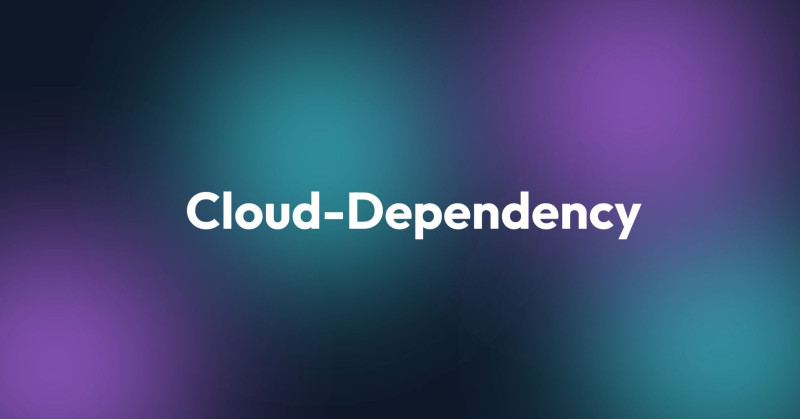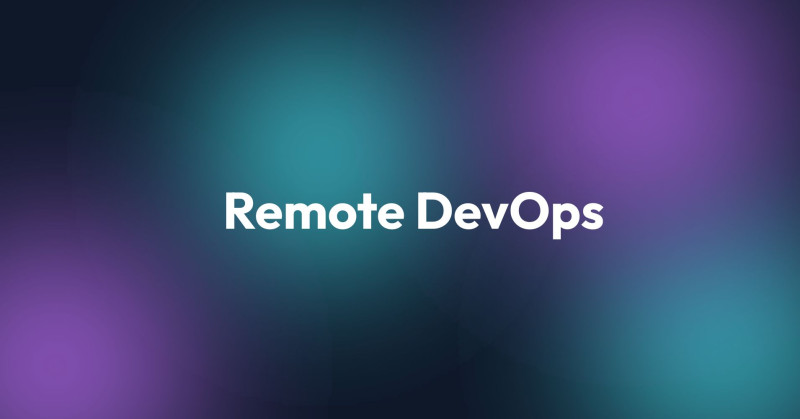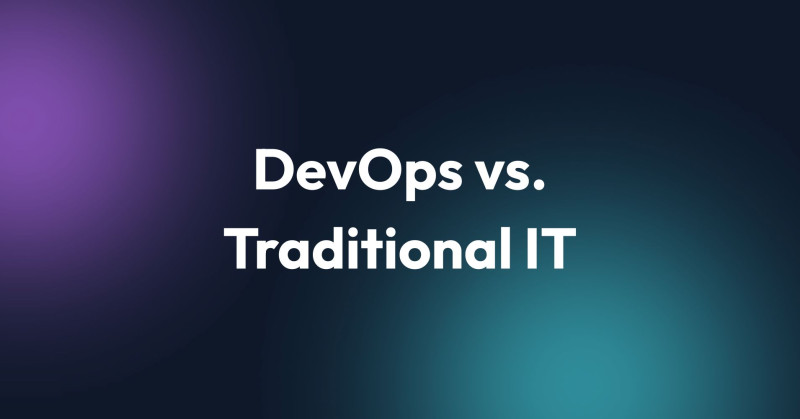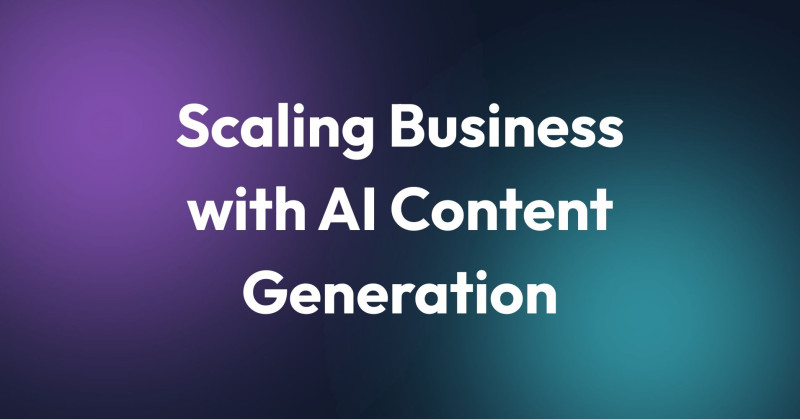Imagine trying to conduct an orchestra where every musician receives their notes via paper airplanes: slow, chaotic, error-prone. Now, picture replacing that system with a real-time digital score streamed directly to each performer’s headset. That’s the difference AI agents are making in HR.
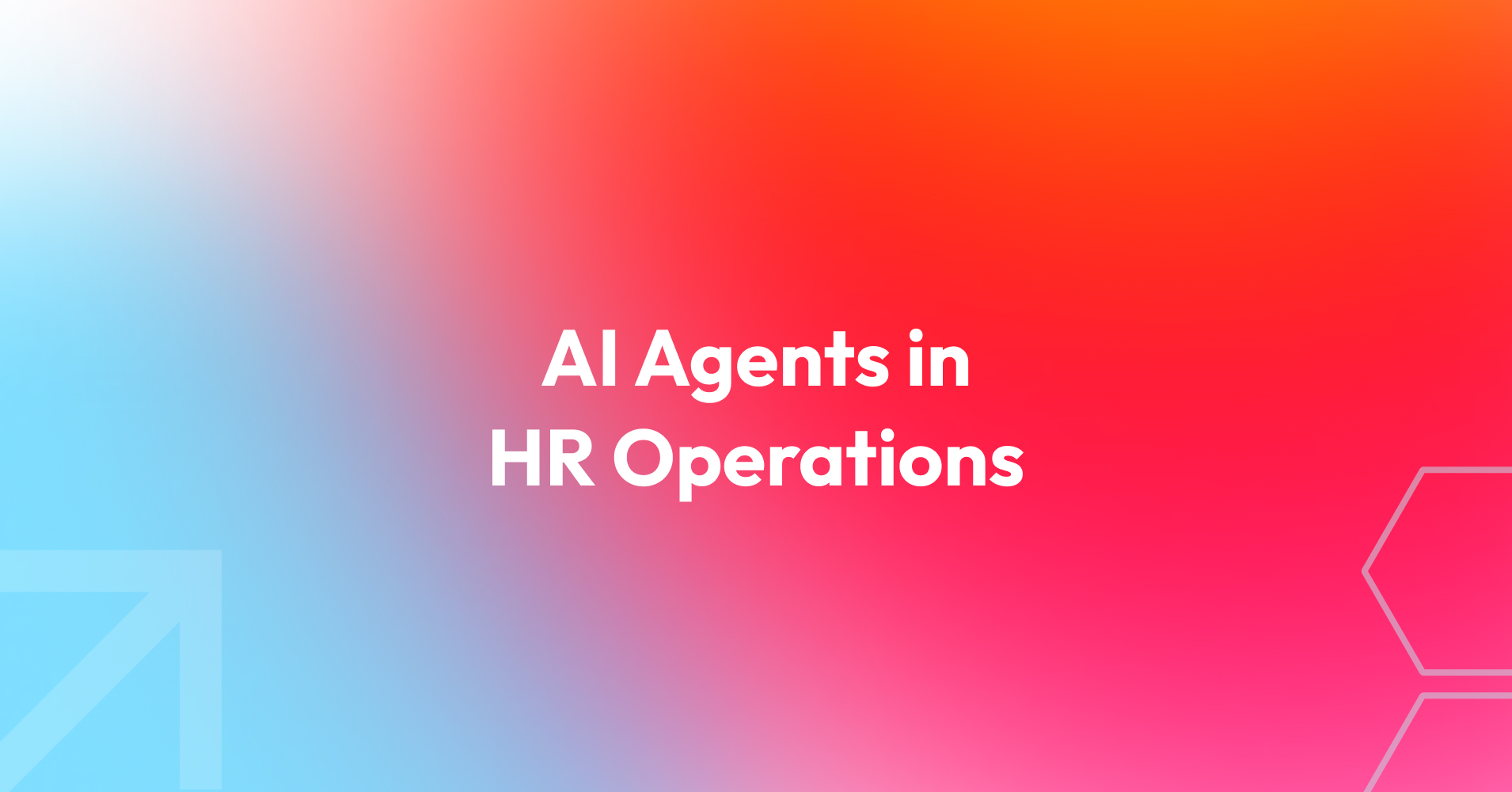
In modern tech companies, HR departments are expected to operate with precision, speed, and personalization. AI agents are emerging as essential "digital team members," transforming clunky processes into synchronized, intelligent workflows. Here's how they're doing it—question by question.
How are AI agents changing recruitment?
Recruitment is often the most time-consuming HR function. AI agents are streamlining it by:
Resume Screening: Rapidly scanning large candidate pools to identify top matches based on role-specific criteria.
Interview Scheduling: Coordinating calendars between candidates and hiring managers automatically.
Candidate Engagement: Using chatbots to answer FAQs and send updates, enhancing transparency and experience.
The result is not just faster hiring - it’s smarter hiring, where human recruiters focus on relationship-building and judgment, while AI handles the repetitive, data-heavy groundwork.
How do AI agents support onboarding?
Onboarding often determines whether new hires feel welcome or overwhelmed. AI agents assist by:
Automating document verification and processing.
Generating personalized onboarding schedules.
Guiding employees through policies, compliance, and tools.
This level of automation enables a consistent, scalable onboarding experience: essential in fast-growing teams while freeing up HR to offer more human support where it really matters.
How do they improve performance management?
AI agents provide data-driven performance insights through:
Real-Time Feedback: Based on metrics like task completion, collaboration patterns, and engagement signals.
Goal Tracking: Visual dashboards that show progress on individual and team objectives.
Pattern Recognition: Identifying performance trends and suggesting interventions before issues arise.
With these tools, HR shifts from annual reviews to continuous development - aligning employee growth with business goals and creating a culture of transparency and momentum.
Can AI agents increase employee engagement?
Absolutely. Engagement bots are becoming a staple in progressive HR teams. AI agents:
Conduct regular pulse surveys and sentiment analysis.
Tailor internal communications based on roles or behaviors.
Recommend wellbeing resources or nudge participation in company initiatives.
Rather than relying on lagging indicators like exit interviews, HR leaders gain real-time insight into team health - and the tools to intervene early, before small issues become systemic problems.
How do HR AI Agent help with compliance and risk?
AI agents monitor and enforce compliance by:
Tracking adherence to internal policies and regulatory standards.
Flagging inconsistencies in training completion or reporting structures.
Scanning external regulations for changes and alerting HR leads.
In environments with tight legal or regulatory requirements—like fintech or healthcare—AI transforms compliance from a reactive function into a dynamic, real-time system of governance and accountability.
What are the biggest implementation challenges?
Despite the benefits, companies face challenges like:
Data Privacy: Protecting sensitive employee information is non-negotiable.
Bias Risks: Poorly trained models can replicate discriminatory patterns.
Integration Complexity: Seamless operation across legacy systems can be tricky.
Overcoming these barriers demands more than good tech—it requires a cross-functional commitment to responsible AI, backed by transparent governance and continuous learning.

What does the future hold for AI in HR?
According to recent industry surveys, 88% of enterprises now allocate part of their budget specifically to AI initiatives. As tools mature, AI agents will move from task automation to strategic orchestration: predicting turnover, optimizing team structures, and personalizing career development paths.
In the near future, HR teams won’t just use AI - they’ll be co-designing human-AI collaboration models that define how people thrive in digital workplaces.
FAQ: AI Agents in HR Operations – What You Need to Know
How do AI agents improve recruitment processes?
AI agents for HR streamline recruitment by automatically screening resumes, scheduling interviews, and communicating with candidates using conversational AI. These agents that automate repetitive workflows significantly reduce the burden on HR and improve the candidate experience—key for HR departments under pressure to hire quickly.
Can AI agents support onboarding and employee integration?
Yes. AI agents help HR teams deliver consistent onboarding experiences by handling HR information distribution, verifying documents, and tailoring training schedules. This enhances HR operations and shortens the time it takes for new hires to become productive.
How do AI agents enhance performance management?
AI agents provide real-time feedback, monitor goal progress, and analyze behavior trends. This helps HR teams make informed decisions about promotions, coaching, or interventions. With AI tools in place, HR staff can shift from administrative work to guiding employee development.
What are the benefits of using AI agents in HR?
The main benefits of using AI agents include faster HR service delivery, improved decision-making, and better employee experience. By integrating AI agents into existing HR systems, organizations unlock new efficiencies and data-driven insights across HR operations and employee experience.
Are there risks in deploying AI agents for HR tasks?
Like any ai technologies, risks include bias in AI models, data privacy, and poor integration. Choosing custom AI solutions and advanced AI platforms that align with HR policies is essential. Proper oversight ensures AI agents dynamically adapt while remaining compliant.
How can HR departments start building and integrating AI agents?
To build AI agents, companies often start with one high-impact area (e.g., recruiting or onboarding) and select a scalable AI platform. Collaboration between HR, IT, and compliance teams is critical for deploying AI that meets the unique HR needs of the organization.

